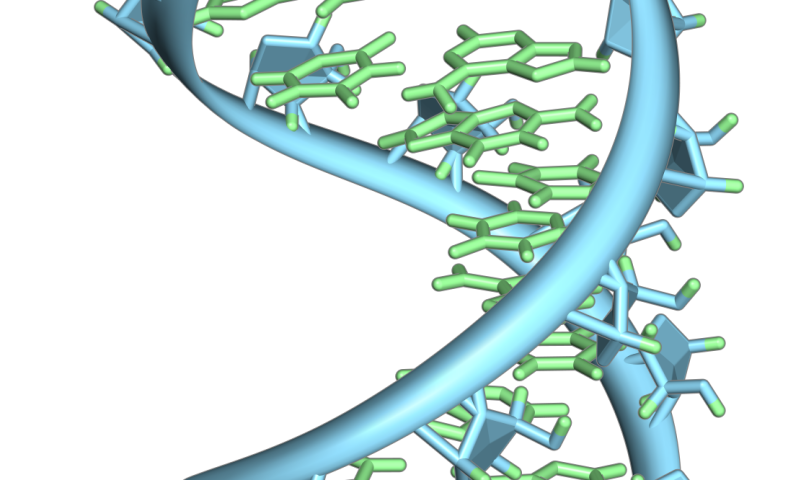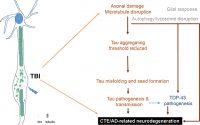Research: Genes are transcribed differently in childhood, have health impacts in adulthood

A team of researchers from the University of California, the University of Zürich, Vanderbilt University and the University of North Carolina at Chapel Hill has found that environmental conditions during childhood can impact the way genes are transcribed, resulting in health issues during adulthood. In their paper published in Proceedings of the National Academy of Sciences, the group describes their study of genetic markers in a database and what they learned from them.
Prior research has shown that traumatic events during a person’s childhood can have an impact on their well-being later on in life. Physical or sexual abuse of children, for example, can lead to obesity or suicidal tendencies in later life. In this new effort, the researchers wondered whether the events that happen during childhood might also have an impact on gene transcription.
In their work, the researchers looked at two main types of genes that are known to respond to stress and the way they are transcribed: those related to inflammation and those related to immune response. To find out if such transcriptions occurring during childhood might have an impact on people later on in life, they obtained data from the National Longitudinal Study of Adolescent to Adult Health—a long-term study of adolescent health in the United States launched in 1994. The researchers focused only on only those individuals who had grown to adulthood. In addition to studying genetic information for each person in the database, the researchers also looked at their demographic backgrounds, which included information such as race and economic situation.
Source: Read Full Article

